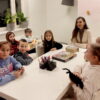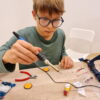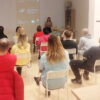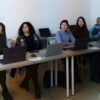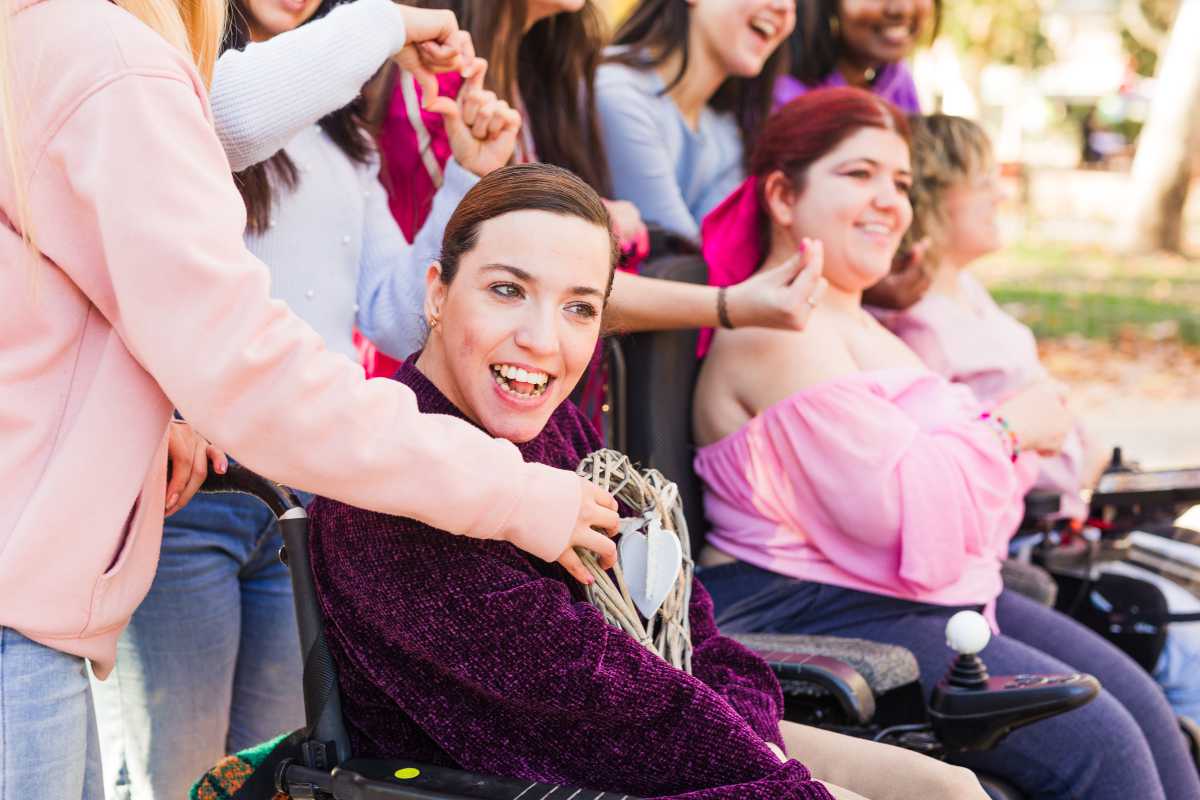
PROBLEM STATEMENT
Our project aims to address a complex issue affecting both adults and children in modern society. This problem is multifaceted, encompassing social isolation, psychological difficulties, a lack of access to quality psychological and social support, and challenges related to adaptation and integration into society.
Many vulnerable populations, including those who have experienced traumatic events, individuals with disabilities, low-income families, migrants, and refugees, as well as children and teenagers, face increased levels of stress, loneliness, and social isolation. These factors can negatively impact their psychological well-being, education, employment, and daily life, hindering full participation in social processes and personal growth.
The absence of effective support and resources to overcome these difficulties leads to an exacerbation of the problem, creating a vicious cycle that is hard to break without external assistance. This may include difficulties in finding employment, educational challenges for children and teenagers, deterioration of psychological health, and escalation of social conflicts.
For children and teenagers, the main issues relate to emotional and social difficulties, including problems with school adaptation, a lack of friends, feelings of loneliness, and misunderstanding. These challenges can stem from various sources, such as family issues, bullying, or isolation due to a lack of common interests and language barriers with peers. These issues can adversely affect their schooling, self-esteem, and overall emotional well-being, necessitating targeted support to overcome them.
For adults, the problems often involve social isolation, stress related to employment or its absence, financial difficulties, and psychological issues caused by traumatic events and experiences. Adults facing these challenges may struggle to find and receive support due to the stigma associated with seeking psychological help or due to a lack of access to appropriate resources.
The “Bridges to Healing” project offers a comprehensive and targeted approach to addressing these issues for each mentioned group. We organize supportive events aimed at restoring social connections, improving psychological state, and enhancing the level of integration into society for vulnerable populations. For children and teenagers, we implement programs focused on developing social adaptation skills, strengthening self-esteem, and enhancing communicative abilities through creative workshops, sports and cultural events, educational quests, excursions, practical lessons, and interest clubs, among others. For adults, the emphasis is on organizing creative and therapeutic groups, stress management seminars, mentorship programs, and support for employment, as well as events to rebuild social connections and reduce feelings of isolation. Our foundation strives to create conditions for the successful overcoming of difficulties faced by vulnerable groups, facilitating their social adaptation and personal growth.
PROJECT GOALS
The “Bridges to Healing: Supportive Events for Vulnerable Populations” project was born against the backdrop of acute problems in modern society that affect both adults and children. Recognizing the multifaceted challenges faced by vulnerable groups, including social isolation, psychological difficulties, and a lack of access to quality support, the project aims to implement comprehensive and targeted assistance necessary for their adaptation and integration into society.
The goals of the project are to:
- develop individualized support approaches tailored to the specific needs of different groups for effective interaction and assistance.
- create support communities and restore social connections aimed at reducing feelings of isolation and improving the psychological and social well-being of participants.
- increase public awareness of the issues faced by vulnerable groups, foster a culture of understanding, solidarity, and active civic participation in solving social problems.
- integrate the latest educational and therapeutic methods into support programs to use effective and innovative approaches for better recovery and adaptation outcomes.
- support the professional and personal development of vulnerable groups, including career planning assistance, skills training necessary for successful employment, and the development of personal qualities that aid in personal and social life.
- organize events to strengthen mental health and emotional well-being, such as meditation, yoga, art therapy, and others aimed at reducing stress levels and improving overall mental state.
- expand the network of partnerships with organizations and institutions working in the field of social support, education, and healthcare to provide comprehensive and multifaceted support for vulnerable groups.
- ensure access to information and technological resources necessary for educational progress and professional development, including computers, the internet, and specialized educational programs.
- facilitate the inclusion and active participation of vulnerable groups in community life through the organization of public events, cultural activities, and volunteer initiatives that promote a sense of belonging and significance in society.
The project aims not only to provide immediate assistance to target groups but also to create a sustainable support system that will facilitate their social adaptation, personal growth, and full integration into society. We believe that everyone deserves the opportunity to overcome difficulties, rebuild their lives, and realize their potential in a supportive and nurturing environment.
IMPLEMENTATION METHODS
To effectively implement the program and provide comprehensive support to vulnerable populations, we use the following methods.
- Organizing thematic meetings and workshops: we hold a series of events focused on personal development, teaching stress resilience skills, and enhancing self-efficacy.
- Creative self-expression programs: using art as a means to express emotions, reduce stress, and stimulate personal growth.
- Sports and physical activities: organizing yoga classes, dance, team sports, and other forms of physical activity to improve physical health and psychological state of participants.
- Professional activation: conducting events to enhance career prospects and social integration, including individual and group coaching sessions, employment workshops, interview preparation, resume writing, and professional development courses.
- Integration with existing social and medical services: collaborating with medical institutions, educational institutes, and social services to provide comprehensive support to program participants.
- Monitoring and evaluating results: regularly collecting feedback from participants and partners, analyzing data to assess the effectiveness of implemented methods, and adjusting the program based on the results obtained.
- Interest-based therapeutic groups: organizing groups where people can engage in art, music, crafts, or other creative activities, helping to cope with emotional difficulties through the creative process.
- Personal resilience workshops: holding educational seminars and training sessions aimed at developing self-help skills, stress resilience, and building a positive life outlook.
- Mentorship programs: creating a support system where individuals who have successfully overcome similar challenges can share their experience and provide mentorship to those currently in similar situations.
- Informational and educational workshops: conducting events to raise awareness about the characteristics of various types of vulnerabilities and the ways to offer and receive support.
- Social events and gatherings: organizing events such as communal meals, nature walks, cultural events, and outings to create a sense of community and support among participants.
- Volunteer projects and social work: engaging participants in activities aimed at helping others, which can help increase self-esteem and a sense of significance through contributing to society.
- Interest and hobby clubs: creating interest-based communities where participants can socialize, share their hobbies, and find new friends, reducing feelings of loneliness.
- Lectures and masterclasses from experts: inviting specialists to conduct educational sessions on psychological well-being, healthy lifestyles, financial literacy, education, and other important life aspects.
- Thematic movie screenings with discussions: watching movies and documentaries on relevant topics related to overcoming challenges, developing empathy, and understanding the diversity of human stories, followed by discussions.
- Development and implementation of participants’ own projects: providing resources and support for participants to develop and implement their initiatives and projects. This could include organizing community actions, charitable events, or projects to improve the local community. This approach not only activates participants but also brings tangible benefits to society, strengthening social ties and a sense of responsibility.
All these methods are aimed at creating multifaceted support for vulnerable groups, facilitating their social adaptation, psychological recovery, and personal development.
OUR EXPERIENCE
Our foundation has extensive experience in supporting and integrating vulnerable populations, having reached over 5,000 individuals with a variety of events and programs. Our approach to providing assistance is multifaceted, encompassing a broad spectrum of activities, from cultural events to educational and professional programs.
One of our most vibrant and inspiring events is the annual New Year’s performance for children from different countries. This event, where magical characters brought to life by our volunteers create an atmosphere of festivity and enchantment, attracts at least 300 people each year. We also organize integration meetings, picnics, and networking events that help strengthen community bonds and create new social connections.
For children and teenagers, our activities cover a wide range of interests and needs: from youth clubs and nature excursions to museum and theater visits. We actively engage young people in sports and music lessons, organize creative workshops, and provide opportunities for learning with tutors, both individually and in groups. These activities not only enrich their experiences but also facilitate social adaptation and development.
For adults, we have developed programs focused on relaxation and creativity, such as yoga, vocal yoga, meditation, and stretching, as well as creative and music workshops. We conduct psychological training, a club for moms, meetings with coaches, and seminars on personal growth, resume writing, and interview preparation. These events are designed to support adults in their pursuit of personal and professional development.
We also place a high emphasis on involving our beneficiaries in community and volunteer work. Organizing joint initiatives and participating in citywide and international events help them feel like an important part of society and encourage their active social integration.
Our extensive experience underscores the importance of a comprehensive approach to supporting vulnerable populations. Through a variety of events and programs, we aim not only for their social integration but also for the development of their potential, enriching personal experiences, and laying the groundwork for full participation in societal life.
FUNDS ALLOCATION
Effective and transparent use of funds is critically important for achieving the project’s goals and ensuring its sustainability. Here are the key aspects of fund allocation:
- event and meeting organization. A significant portion of the funds will be directed towards covering expenses related to organizing educational, creative, cultural, and therapeutic events and meetings. This includes renting venues, paying for trainers and specialists, and purchasing materials and equipment.
- technological infrastructure. A part of the funds will be allocated for the acquisition of equipment necessary for organizing and conducting program activities.
- collaboration and partnerships. Funding will support initiatives to establish collaboration with medical institutions, educational institutes, and other organizations to provide comprehensive support for project participants.
- administrative expenses. A minor portion of the funds will be allocated to cover administrative expenses, including rent and general organizational needs.
- marketing and awareness raising. Funds will be utilized to develop and implement marketing and communication strategies aimed at drawing attention to the issues of vulnerable groups and mobilizing community resources to support the project.
- production and distribution of print and electronic informational materials.
Transparency and accountability in fund usage are key principles of our work. We commit to regularly publishing reports on expenditures and achieved results, so donors and project participants can see how their contributions are making a difference and improving lives.
Notice: Test mode is enabled. While in test mode no live donations are processed.
